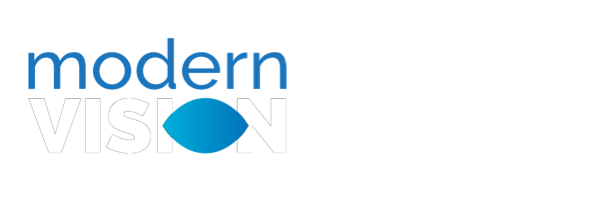At Modern Vision Solutions, we take a novel approach to vision care and vision correction. Today, the average person sees their eye doctor every year or two for a new prescription for glasses or contact lenses. They address the current prescription, without much thought to the lifetime vision needs of the patient. A very reactive, near-sighted approach indeed (pardon the pun).
At Modern Vision Solutions, we do things differently. Our proactive approach is simple: we learn from your past to address your needs in the present, while also planning for your future.
Meaning we start by taking into account your vision history and medical history. Then we prescribe the ideal solution to help you see better now and to set you up for vision success as you get wiser in years.
Because as our eyes age, they change. And our vision needs change along with them. Let’s take a closer look at the different stages of vision development.







